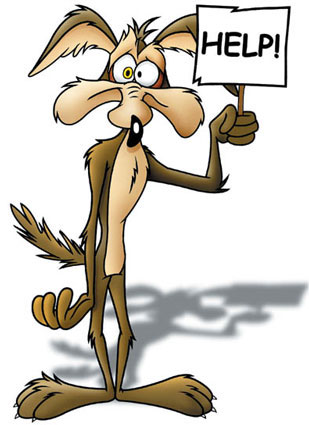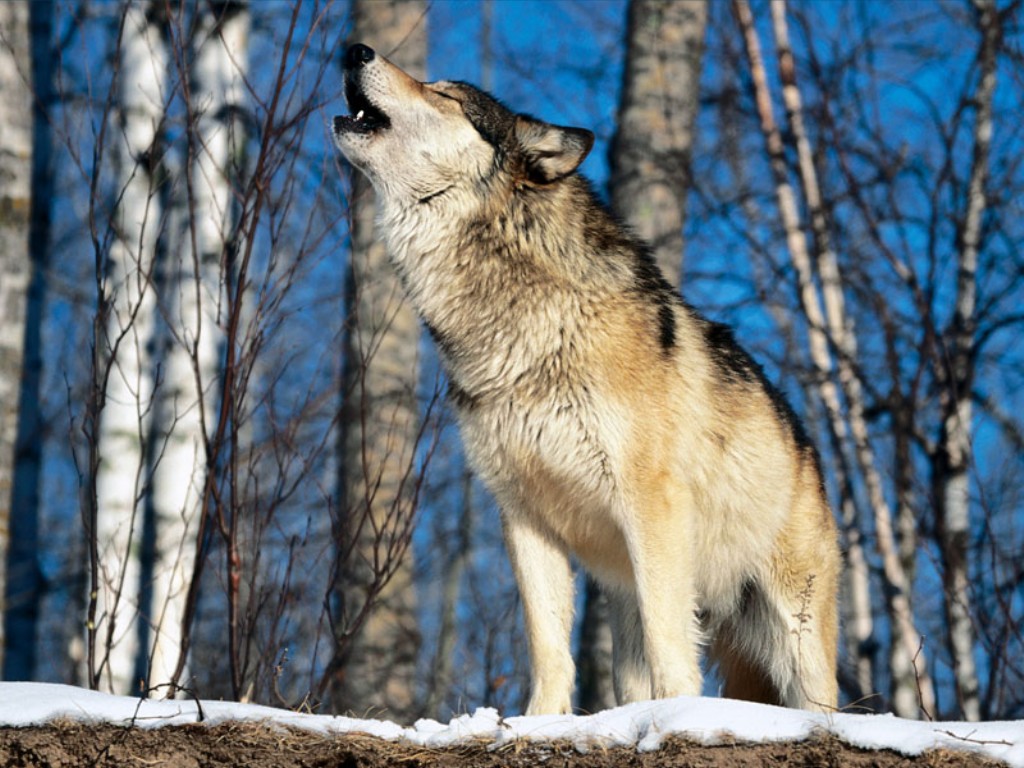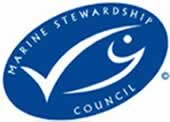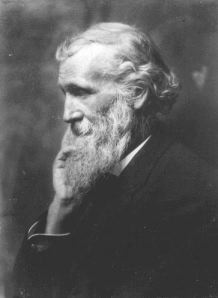 |
| Good ol' Wile E. Coyote. Funny, yes, but also true- not even a super genius stands a chance against humans. |
Coyotes are considered a pest in many parts of the United States. Even though their love of scavenging gives them a valuable role in the "janitorial" section of the ecosystem, many people classify them as bloodthirsty killers. And yes, they also will hunt other animals such as raccoon, skunks, foxes, rodents, and Canada geese (we have too many geese anyway, right?). They will also attack farm animals, which is where people start getting angry.
Controlled by trapping, shooting, poisoning, and denning (killing pups), the government is trying to protect farm businesses from the destruction these "pests" cause (and yes, this has caused a stir). The problem with this approach is that coyote populations bounce back. When more are killed, they reproduce more- it's called compensatory reproduction. They will mate at an earlier age, and have larger litters of pups, therefore completely defeating the purpose of a cull.
There is also the giant issue of coyote contests, where people go out and kill as many coyotes as they can in a race for the grand cash prize. In my opinion, it's unnecessary and cruel to just go out and slaughter these animals in a contest, but there is a large population of people that love these contests more than their pick-up truck (not that I'm picking on a certain collective of people). But I won't tell you what to think, read about it yourself. Also, here is a great film called "Killing Coyote" that gives a good insight.
Big Bad Wolf
All too often this phrase gives wolves a bad reputation. Unlike coyotes, wolf populations don't bounce back when they are under pressure. They crumble, like a big crumbly cookie. In fact, when wolves were extirpated from the Eastern United States, coyotes moved in to fill the empty niche. You see? Every action we have on our environment has some sort of consequence. Wolves have been reintroduced into Yellowstone National Park, but unfortunately I doubt they will ever regain their historic territory (the gray area) .
Sharks
Did you think I would go through a blog without mentioning sharks? Ha! Well, sharks are one of the predators that fall victim to mass killings. The most recent tragedy was the government-funded shark cull of Western Australia, in an effort to make beaches safer. The plan was to kill as many sharks as they can by catching and shooting them in the head, or letting them die and rot on baited hooks, which would theoretically help bathers and surfers. But the funny thing is, when sharks are killed, more sharks step into their niche, or their place, which doesn't accomplish anything. Even funnier, of the almost 200 sharks killed, none of them were great whites, which was the targeted species. Thankfully, this cull has been called to an end, and you can read about it here and here
 |
| How can you not love sharks? |
 |
| I bet they are all tweeting about palm oil, I can tell. Except the guy in the striped shirt, he's on reddit /r/gonewild. |
If you are disturbed by anything you read about in this post, or any of my blog posts, please do something! Take a little action, go on Google, read about these topics, and spread awareness of these issues. A simple tweet can go a long way, folks, and tweeting about a conservation issue would do a lot more good than tweeting a picture of your lunch.
As always, thanks for reading everyone!











